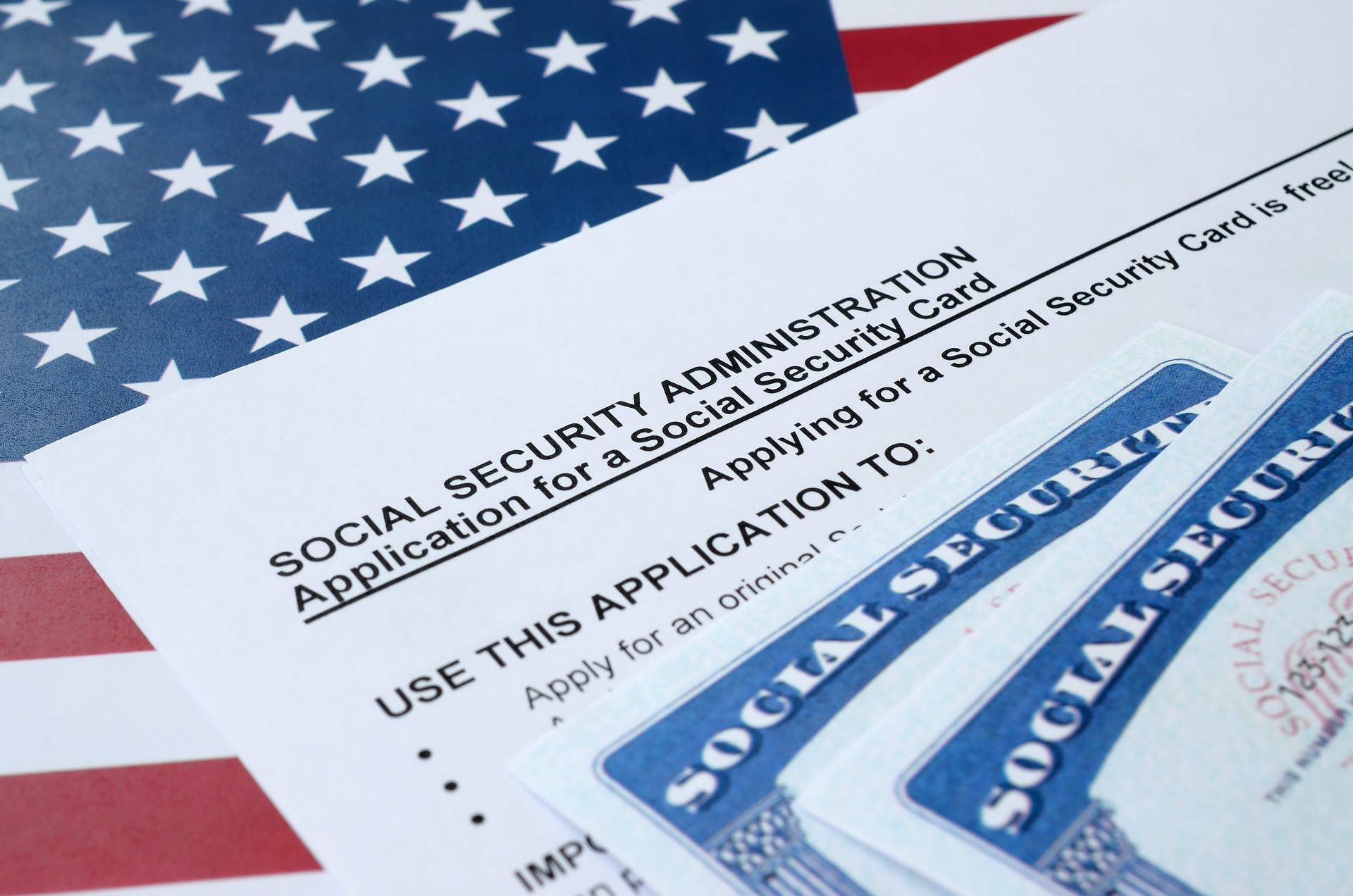
Expat Tax 101: Essential Guide
Imagine this, you've meticulously gathered all the paperwork, dotted the i's, crossed the t's, and filed your taxes on time. You breathe a sigh of relief, thinking you're done for the year. And then comes a note from the IRS, a form you've overlooked - the one form they actually care about. Sounds familiar? If you're an American living abroad, this scenario is all too common. Let's help you avoid this tax nightmare, shall we?
Understanding U.S. Expat Taxes
First off, let's clarify what U.S. expat tax is (and isn't). As a U.S. citizen or a resident alien, you're obligated to report your worldwide income to the IRS, regardless of where you live. This includes income from foreign sources. Yes, you read it right. Your foreign income is not invisible to Uncle Sam.
However, that doesn't mean you'll be taxed twice on the same income. There are certain provisions, like the Foreign Earned Income Exclusion (FEIE) or the Foreign Tax Credit, that can help you avoid double taxation. But remember, these benefits don't come automatically. You need to file the right forms to claim them.
Navigating the U.S. Expat Tax Maze
Now that you know what's expected of you, let's talk about how to navigate this complicated tax terrain.
First, you need to be aware of your filing requirements. The IRS has different forms for different types of income and assets. For instance, if you have foreign bank accounts that total over $10,000 at any time during the year, you need to file FinCEN Form 114, also known as FBAR.
Remember our opening scenario? One client had six Stripe accounts and didn't realize he was crossing the FBAR threshold. Don't be that guy.
Secondly, you need to know the deadlines. The IRS is quite generous with expats, giving them an automatic 2-month extension to file their taxes. But don't confuse this with an extension to pay any taxes due. The clock for that starts ticking on April 15th.
Common U.S. Expat Tax Mistakes
We've seen some expat tax blunders that would make even a seasoned tax pro cringe. Here are a few of the most common ones:
- Ignoring state taxes: Some states continue to treat you as a resident for tax purposes even after you've moved abroad. Don't assume you're off the hook just because you're not living in the U.S.- Not reporting foreign assets: From foreign bank accounts to pensions, all foreign assets need to be reported. Ignoring this rule can lead to hefty penalties.- Filing late: While you get an automatic extension to file your taxes, any taxes due should be paid by April 15th to avoid interest charges.
Practical Resources & Strategies
The IRS is not known for making things easy. But here are a few resources and strategies you can use to stay on top of your U.S. expat tax obligations:
- IRS Publication 54: This guide provides detailed information on tax rules for U.S. citizens and resident aliens living abroad.-
- Streamlined Foreign Offshore Procedure: If you've failed to report your foreign income or assets in the past, this IRS program allows you to catch up on your filings without facing penalties.
- Professional Tax Help: Tax laws are complex. Consider hiring a tax professional experienced in expat taxes to navigate the complexities.
Overthinking this? You're not alone. The world of expat taxes is complicated, but it's not impossible to navigate. If you're unsure about what forms to file or when to file them, don't hesitate to seek help. Upload your documents and let us untangle the tax knot for you. Because you have better things to do than to worry about tax forms you didn't even know existed.
Stay Ahead of Tax Season
Join the EdgeLetter our monthly newsletter with quick tax tips, expat deadlines, and freelancer reminders.
.png)
.png)


























.png)